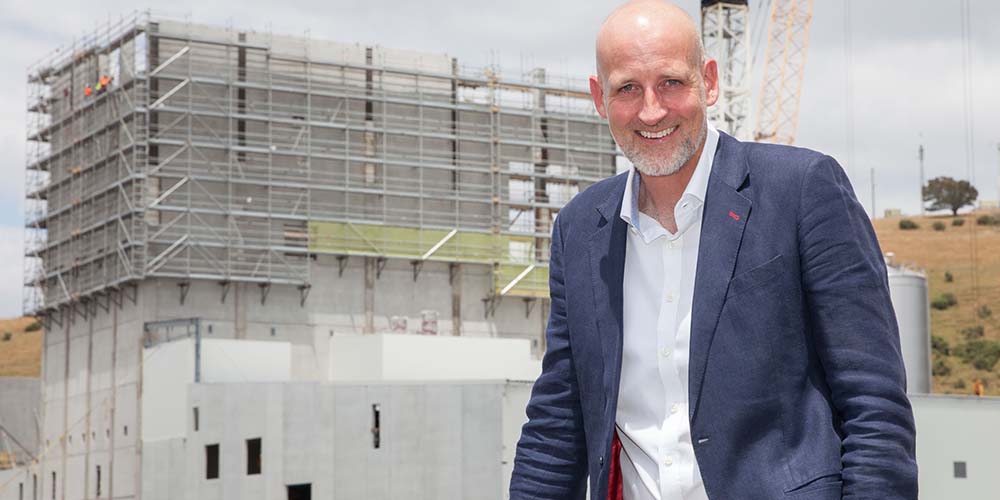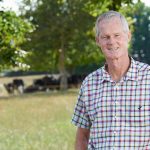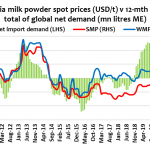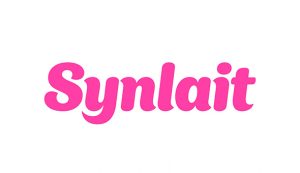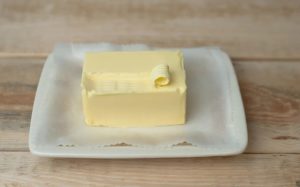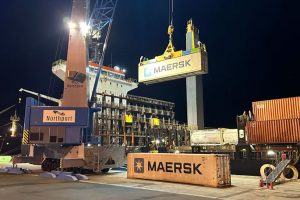
And that has created a chance for New Zealand to reset its export model.
“We have a chance to look at how the world and consumer behaviour might change around this and, if anything, I think we will see a flight to trusted goods that potentially have a link to sustainability or environmental thinking,” he said.
“A lot of those trends play to where the primary sector has been heading and where Synlait’s sweet spots are,” he said.
He notes NZ has a really co-ordinated approach to marketing tourism and NZ offshore, something the primary sector could replicate.
“You can’t let a good crisis go to waste.
“You have to both manage risk and plan for the opportunities that emerge out of it,” he said.
So far, Synlait Milk hasn’t taken an operational hit from covid-19 but not without a heck of a lot of effort, he said.
“We certainly saw risk coming and we got pretty close to the bone on a few things but by and large we found our way through those.”
There were issues with inward container availability, ships that were cancelled and some initial supply challenges from China as it shut down.
“Then, as we worked on contingencies in Europe the whole thing flipped on us and we suddenly had challenges getting product out of Europe and had to flip back to China contingencies.”
Synliat’s leadership mindset was on adaptability from the outset.
“We need to be agile, we need to be resilient and responsive,” he said.
“There has been a heck of a lot of effort to just keep the flow of goods running.”
He expects disruption for some time because the impacts of covid-19 are yet to be fully understood.
“All we know is they will be big, so whatever lies ahead we just have to be focused on being ready to adapt,” he said.
There have been no cases of covid-19 at Synlait.
But Clement said the company did not relax its already conservative protocols after NZ loosened the lockdown restrictions.
“Level three almost represents more risk to our business than level four because there is a lot more interaction out there in the communities,” he said.
The level three lockdown did allow more flexibility for key projects across its supply chain and as it moved into maintenance at the tail end of the milk season.
However, that involved letting external parties onto sites.
“We are already learning we just need to reinforce and continuously improve our protocols and education for people coming on the sites,” he said.
Staff who worked onsite through alert level four had become used to social distancing.
“You can see the people who have been living in their bubbles for the past four weeks are not used to coming back to work and physical distancing,” he said.
Clement said the company’s purchase of Canterbury’s Dairyworks, which was completed on April 1, is a positive. It had increased demand as people stayed home.
Dairyworks is based in Hornby, Christchurch, about 37km from Synlait’s Dunsandel site. It specialises in processing, packaging and marketing dairy products including cheese, butter, ice cream and milk powder.
Synlait says it supplies nearly half of NZ’s cheese and a quarter of its butter. It has a 9% market share in ice cream and a 19% market share in milk powder. Its brands include Dairyworks, Rolling Meadow and Alpine.
“I’m really pleased that we did it because it’s actually diversified our business and we are always trying to create value and address risk at the same time,” Clement said.
He is sanguine about Synlait’s debt, even in the current climate.
Net debt increased $159.7 million to $447.4m in the six months to January 31 as the company made significant investments in projects such as the manufacturing facility in Pokeno and the advanced dairy liquid packaging facility in Dunsandel.
“I’d perhaps be more concerned if we were significantly disrupted,” he said.
He also said work is continuing to develop new customer relationships despite covid-19.
“Some of the more important strategic opportunities still remain in our frame,” he said.
The company has a manufacturing and supply agreement with A2 Milk, which holds 17.4% of Synlait, its second-biggest shareholder behind China-based Bright Dairy, with 39%. – BusinessDesk
